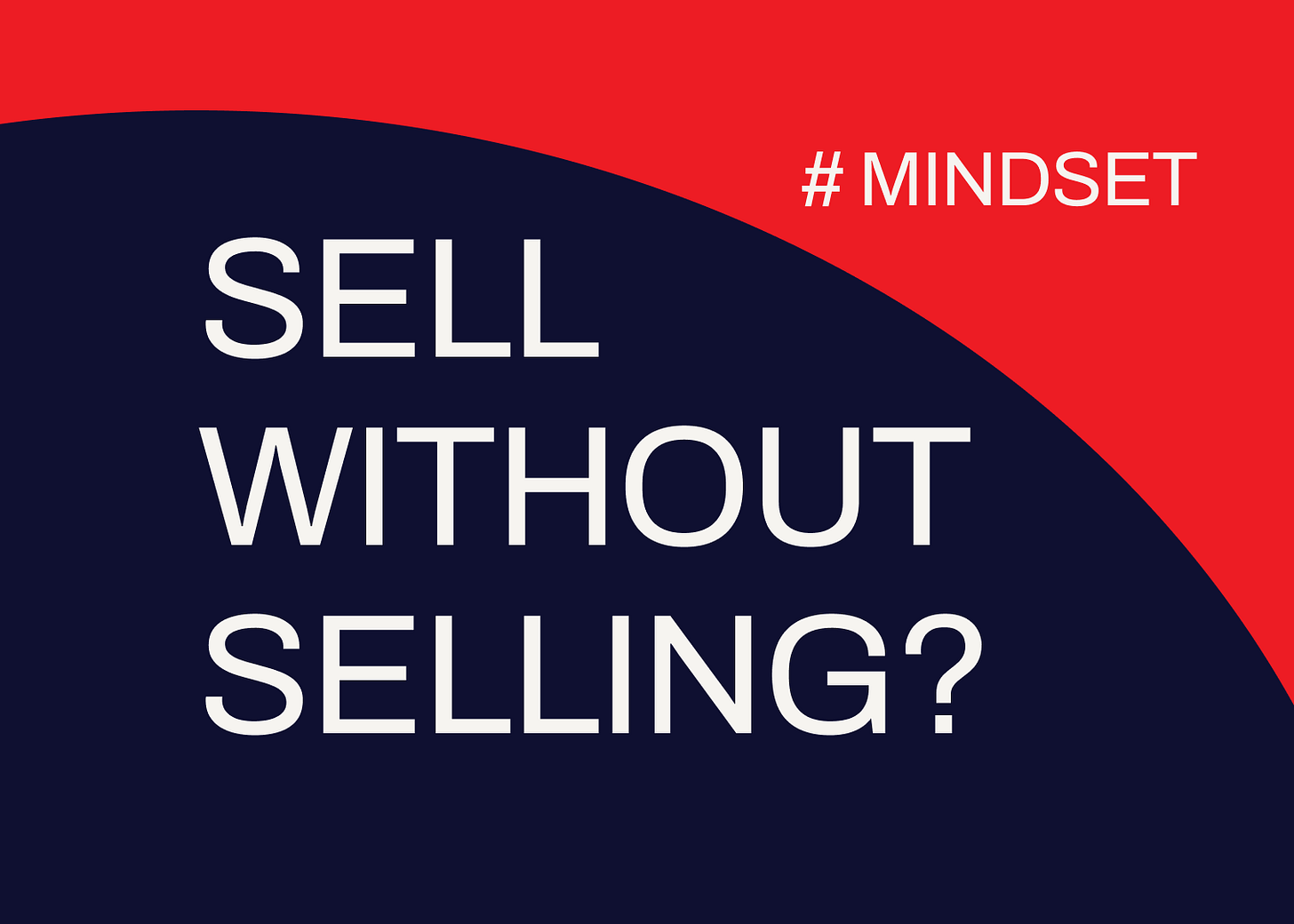Selling isn't a dirty word
I hosted a meetup last week and I was asked, "So, are you going to teach us how to sell without selling?"
I hate that phrase.
It implies that what we do is so shameful we have to pretend it's something else. It feeds the stigma that all selling is just manipulation and dirty tricks.
No. We're here to learn how to sell, sell.
Does the idea of sending a cold message make you feel icky? It's probably because you're thinking of that negative stereotype. But if you're selling high-ticket services, you need a new framework.
The truth is, effective selling isn't about convincing, pitching, and pushing.
It's about helping, advising, and leading.
This isn't just a feel-good mantra; it's a radical shift in how you operate. It means you stop acting like a salesperson and start embodying three more powerful roles.
The 3 Roles of Modern Selling
1. The Expert
An expert has a point of view and provides value upfront. Your outreach isn't a demand for their time; it's a gift of insight. You don't lead with your product, you lead with your knowledge. This transforms a cold pitch into a warm consultation.
Example questions an expert might ask:
"I noticed [observation about their company], and it made me wonder—have you considered [insightful strategy] to address it?"
"Based on my experience with similar companies in your industry, what's your approach to [specific challenge]?"
"I've been researching [industry trend] and its impact on businesses like yours. How is this affecting your operations?"
Experts don't pitch; they diagnose and prescribe.
2. The Coach
A coach asks powerful questions to help the other person find clarity. Your job isn't to talk, it's to listen. You guide prospects to their own conclusions by genuinely understanding their challenges. This builds a foundation of trust that a slick presentation never could.
Example questions a coach might ask:
"What's the biggest obstacle standing between you and [their desired outcome] right now?"
"If you could solve one problem in your business tomorrow, what would make the biggest impact?"
"What have you tried so far, and what were the results?"
Coaches don't convince; they create understanding.
3. The Leader
A leader confidently shows the way forward. You don't just present options; you recommend a course of action. People are looking for someone to guide them through complex decisions. By leading with authority and integrity, you become that trusted guide.
Example questions a leader might ask:
"Based on everything we've discussed, the most effective next step is [specific action]. Shall I walk you through how to get started?"
"I'd recommend focusing on [priority area] first because [strategic reason]. Does that align with your thinking?"
"Here's what I believe is the clearest path to [their goal]. What questions do you have about this approach?"
Leaders don't push; they pull people toward a better outcome.
When you reach out to people from this place, the entire dynamic changes. The shame and stigma disappear, replaced by purpose and value.
So the next time you're about to start a conversation with a potential client, don't ask yourself how to "sell without selling."
Ask yourself: How can I help? How can I advise? How can I lead?
That's how you sell with integrity. That's how you sell well.
And remember:
There’s always a way to sell that’s right for you!
Reach out if you need help finding your way in sales.



